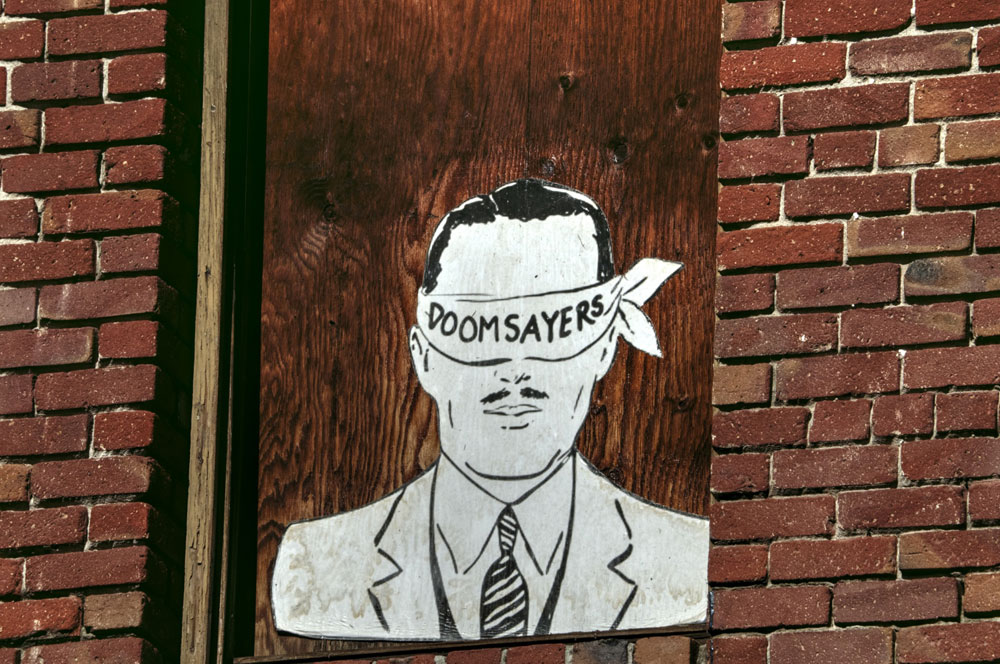
August 3, 2020; Washington Post
I know we are not supposed to critique articles projecting doom for nonprofits—it breaks ranks—but some survey reports and articles are just so much fluff, and hardworking nonprofits deserve better.
One published yesterday in the Washington Post is a case in point, with a “lo, the poor nonprofit” storyline that has become one of the most familiar media narratives about the sector over the years.
The article in the Post blasted the news that one-third of nonprofits were unlikely to survive the pandemic and recession. The article then went on to string together a line of stories about the pressure being felt by nonprofits, expressing worries about donors who in the future will get tired of giving, and documenting the organizations that have already shut. We know where this one-third figure comes from (though it was never explicitly stated in this article) and have our own healthy skepticism about how accurate it may be—in part because we asked a very learned scholar to project the results of the last recession on nonprofits, and he pretty much struck out on every point even though the hypotheses sounded eminently plausible at the start of the recession. We know this because we did a retrospective roundup this past winter on what the effects of the last recession actually were on nonprofits. You can see this here and here.
Sign up for our free newsletters
Subscribe to NPQ's newsletters to have our top stories delivered directly to your inbox.
By signing up, you agree to our privacy policy and terms of use, and to receive messages from NPQ and our partners.
Here is what we found: Nonprofits fared better than the communities they served, rebounding more quickly and losing less in assets. In contrast, the outcome of the last recession saw the wealth disparity of individuals grow and the assets of people of color decline yet further in ways that will be felt for decades to come. We are headed in very much the same direction this time unless we position ourselves directly in the path of further regression and declare ourselves as active proponents of a fair and just economy.
The fates of organizations and individuals during recessions depend on many things, like the recession’s proximate cause and the beliefs and actions of the public and their representatives in government. If we act like victims of that, rather than drivers, we doom ourselves. If we act in service primarily to our own organizations, rather than the communities we serve—staying narrowly in our own lanes—we are helping to seal the fates of millions.
It’s true that we need to protect nonprofits against unfair treatment relative to business, and some fields do constitute necessary human infrastructure in this neoliberal state. And, yes, nonprofits provide critical democratic infrastructure—at least in theory, if not in practice—and we see their unequaled energy and usefulness now more than ever.
But let’s talk about, and promote talk about, nonprofits’ critical importance as agents of change, rather than as hapless victims of cruel fate. We can ill afford this is old, neutralized, dependency narrative in this time. Let’s talk about the changes we can make to approach a collectively prosperous and inclusive future as being important, rather than the saving of a system that often simply papered over—and, in the end, sometimes contributed to—chronic problems derived from injustice and inequity.—Ruth McCambridge













